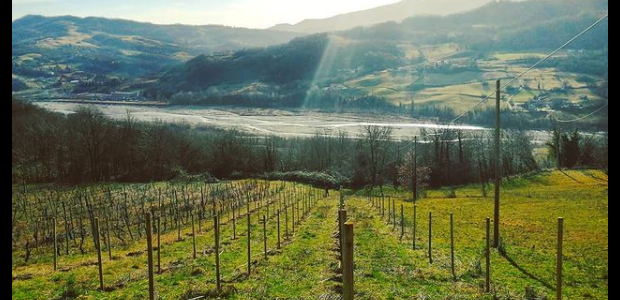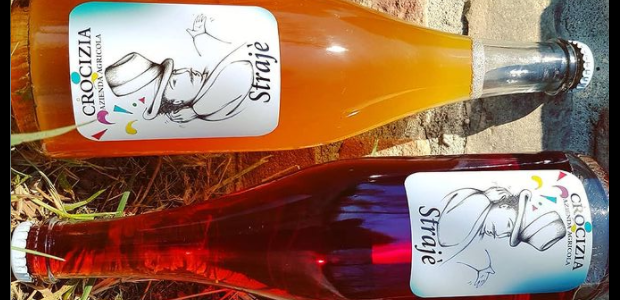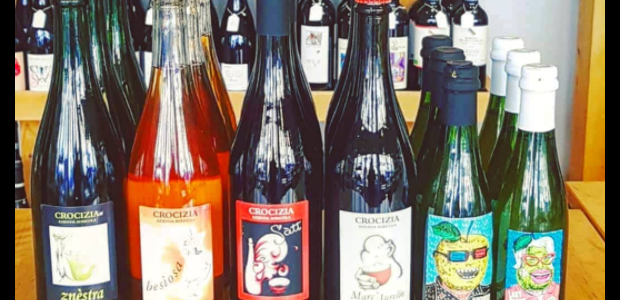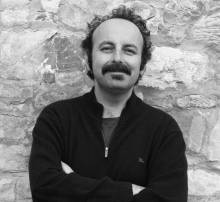Languages
A glass of traditions
Crocizia: not only wine
A wine that comes from passion. That of Aurelio for the land and the vineyards.
"Itwas my father who gave life to this project" - explains Marco Rizzardi - "At the beginning the intention was only to cultivate his passion for the vineyard and produce wine only for us. We only had one hectare of land." A project that was born almost for fun, as a pastime. But games are always more addictive when there are so many. Thus the desire to make known and share the products of their vineyard develops. This is how Crocizia – an organic farm (http://www.crocizia.com/) wasborn.
The passion has remained the same as well as the philosophy: not to force the soil to produce but to use what it spontaneously offers.
In Crocizia, in fact, solp wine is not produced but also jams, honey and cider.
"We follow the alternation of plants" says Marco explaining that not every year the production remains the same. Based on what nature offersandmore, you decide how to use it.
A rediscovery of the habits of the past, with a more avant-garde attention to the product than ever.
Today the more than ten Crocizia vineyards cover almost four hectares of land and produce more than ten different wines including Malvasia, Sauvignon, Moscato, Trebbiano, Barbera, Lambrusco, Bonarda and Pinot Noir.
"We produce a natural wine, a concept developed about ten years ago that provides a way of treating grapes and their wine without the use of chemicals. For example, we do not use sulphites, except those that the grapes produce themselves. Ours is an integro wine, without additives". Even the machinery of the farm is few. Just the necessary ones: a crushing machine, a press and pumps for the travas. "Our intent is to work little on wine. We want to preserve its original flavor. Often the vineyards we take care of are old, some very small, and give little fruit so we try to enhance them and preserve their flavor".
The success of these products is not only national. "Half of our production (10 000/15 000 bottles) is traded abroad. Often to wine bars and restaurants, only about un n 20% to private individuals", he specifies.
The company participates in events and fairs to promote producers of biodynamic wines such as "Vini di Vignaioli" held in Berceto, on the Parma hills.
To ensure the wines a taste of tradition and link with radici, their names are often in Parmesan dialect. "We wanted something that would immediately make you think of Parma, its territory and its history. The idea of the dialect was immediate. Each name, however, also tries to tellastory. Like marc'aurelio:it was the first Lambrusco that my father and I produced, we wanted it to bear our names. Or the Besiosa:a malvasia with long maceration, a hard wine, in short, a little besiosa! Even behind the Strajè there is his fairy tale. Strajè means scattered, disordered and in fact this sparkling wine is composed of grapes from 4 or 5 small different vineyards" says Marco. The Très-bien! it is the wine for those who believe that Parma is a small Paris. The name plays on the type of wine, Trebbiano, and on the French "très bien" or "very good". His label? Clearly Maria Luigia, Duchess of Parma and Empress French of 800.







